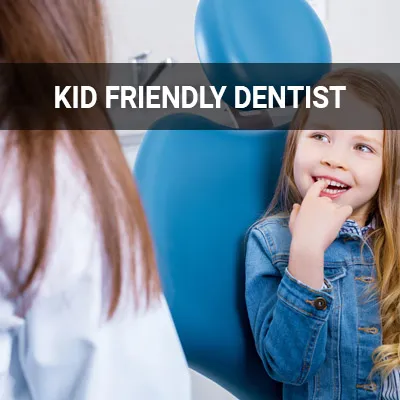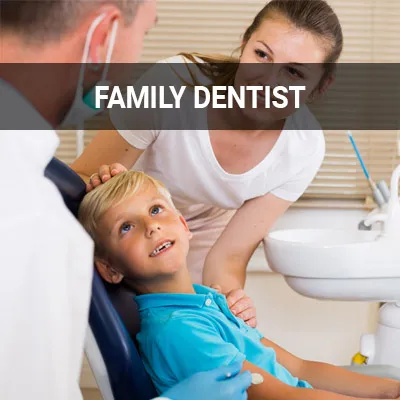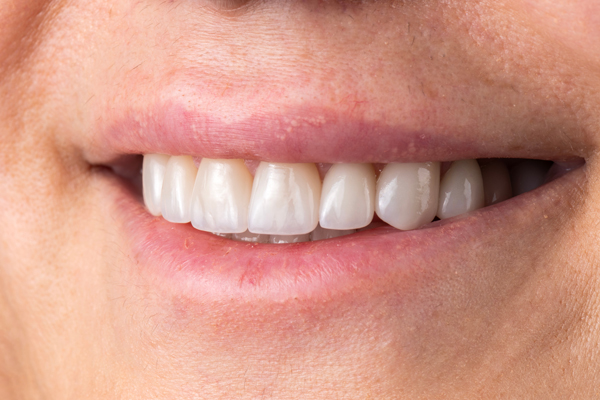Why Dental Sealants Play an Important Part in Protecting Your Child’s Teeth Charlotte, NC
Dental sealants cannot prevent all cavities but they help protect children's teeth to reduce the risk of frequent cavities. Proper oral hygiene remains essential, and routine brushing and flossing keep a child's mouth clean. While tooth decay is a common problem, many childhood cavities are preventable.
Dental sealants protect a child's molars by sealing up cracks and crevices. During a sealant treatment, our team applies a special gel. This gel secures onto tooth enamel and hardens into a protective layer. Dental sealant guards the tooth against future decay.
Dental sealants are available at Randolph Dental Care in Charlotte and the surrounding area. Call us at (704) 366-3622 to schedule an appointment.
Why Dental Sealants
According to the American Dental Association, brushing and flossing are the "best ways to help prevent cavities." Unfortunately, however, it is not always easy for children to reach certain areas of the mouth. This is especially true when it comes to molars or the back teeth used for chewing.
Due to the molar's location in the mouth and their rough, uneven texture, they are a common gathering place for leftover food and cavity-causing bacteria. Luckily, dental sealants can help. Dental sealants are thin, protective coatings painted on the chewing surfaces of the molars. They are particularly beneficial for children with gaps in between the teeth.
“Due to their location in the mouth and their rough, uneven texture, molars are a common gathering place for leftover food and cavity-causing bacteria.”
Sealants Can Stand Up to Sugary and Sticky Foods
As many parents are aware, kids are fond of cavity-forming foods. Sugary and acidic foods and beverages are a big hit with most kids. Children also love sticky foods like toffees, taffies, and gummy candies.
These foods attach onto teeth, and they can be difficult to brush away. Good oral hygiene is not always enough to sweep away the remains of sugary foods. As bacteria feast on sugar, these treats can set your child up for future cavities. Sealants help provide an added defense in the most vulnerable parts of a child's mouth.
“Sealants help provide an added defense in the most vulnerable parts of a child’s mouth.”
Busy Schedules and Dental Hygiene
When it comes to maintaining one's oral health, keeping a consistent dental hygiene routine is paramount. However, it is not uncommon for busy schedules to get in the way of flossing or brushing. This is especially true for forgetful children, who are at heightened risk for tooth decay.
While tooth decay (also known as cavities) are a common issue for patients of all ages, untreated cavities can cause a variety of problems in children, including:
- Difficulty concentrating on learning
- Pain
- Problems affecting overall quality of life and ability to succeed
- School absences
Dental sealants can help provide extra protection for areas particularly vulnerable to decay, even when children forget to brush and floss.
“Dental sealants can help provide extra protection for areas particularly vulnerable to decay, even when children forget to brush and floss.”
Check out what others are saying about our dental services on Yelp: Why Dental Sealants Play an Important Part in Protecting Your Child's Teeth in Charlotte, NC
Dentists Across the Globe Recommend Sealants
Most dentists recommend dental sealants as they deliver promising results. The American Dental Association has found that sealants reduce the risk of molar decay by nearly 80%. According to the CDC, "school-age children (ages 6–11) without sealants have almost 3 times as many cavities in the first molars as children with sealants." This means fewer dental appointments and costly treatments for future complications.
Sealants have been used in dentistry for more than 50 years. During this period, dentists have studied the long-term effects of sealant gels. Institutions like the American Dental Association affirm that sealants are safe for children. Sealants help protect a child's oral health and reduce their chances of tooth decay.
“There is no credible evidence that sealants are associated with health risks.”
Questions Answered on This Page
Q. Can sealants protect against cavity-forming bacteria?
Q. Are sealants safe for children?
Q. How can my child benefit from dental sealants?
Q. How can dental sealants supplement a good oral hygiene routine?
Q. How can dental sealants help save me money?
People Also Ask
Q. What treatments does a kid friendly dentist provide?
Q. How can a person's diet help with tooth decay?
Q. How often should someone have a dental checkup?
Prevention vs. Reaction
Dental sealants are one of the most popular preventative dentistry treatments available on the market. According to a recent report published by the Centers for Disease Control and Prevention (CDC), the painless procedure prevents 80% of cavities for two years after application and protects against 50% of cavities for up to four years. They can also remain in the mouth for as long as nine years.
By preventing decay, dental sealants also effectively prevent the patient from undergoing any unnecessary, costly procedures. In fact, the CDC report found that applying sealants to approximately seven million children from low-income households could save up to a total of $300 million in dental treatment costs.
“By preventing decay, dental sealants also effectively prevent the patient from undergoing any unnecessary, costly procedures.”
Frequently Asked Questions
Q. What makes dental sealants better than fillings?
A. Some parents balk at the upfront cost of dental sealants, deciding it would be a better choice to pay for their children's dental fillings as necessary. However, tooth decay comes with permanent damage that weakens the teeth. It also makes the teeth more susceptible to further damage. Dental sealants can help protect the teeth's natural coating.
Q. Can dental sealants replace fluoride treatments?
A. No. Dental sealants work best in conjunction with fluoride treatments, as they cannot promote tooth remineralization the way fluoride does. Together, the two can strengthen the teeth against decay.
Q. What is a dental cavity?
A. Cavities, or dental decay, are permanent holes in the teeth. If left untreated, cavities can grow larger and become infected. They occur most often in the grooves of the back teeth.
Q. What do dental sealants look like?
A. Dental sealants typically cannot be seen when your child is talking or smiling. They may be white, clear, or slightly tinted. In any case, they are designed to be discreet.
Q. When is the best time for my child to get dental sealants?
A. Dental sealants are the most effective when applied soon after permanent molars have emerged. For most children, this occurs around age six for the first molars and age 12 for the second set.
Family Dental Terminology
Call Us Today
Sealants can reduce your child's lifetime risk of cavities. Dental sealants offer a peace of mind for busy parents and help prevent future dental problems for their children. Let Randolph Dental Care in Charlotte help you explore the benefits of dental sealants. Call us at 704-366-3622 to schedule an appointment with a qualified dentist.
Helpful Related Links
- American Dental Association (ADA). Glossary of Dental Clinical Terms. 2024
- American Academy of Cosmetic Dentistry® (AACD). Home Page. 2024
- WebMD. WebMD’s Oral Care Guide. 2024
About our business and website security
- Randolph Dental Care was established in 2016.
- We accept the following payment methods: American Express, Cash, Check, Discover, MasterCard, and Visa
- We serve patients from the following counties: Mecklenburg County
- We serve patients from the following cities: Charlotte, Matthews, Huntersville, Fort Mill, and Pineville Mint Hill
- Norton Safe Web. View Details
- Trend Micro Site Safety Center. View Details
Back to top of Why Dental Sealants Play an Important Part in Protecting Your Child's Teeth
QR code for Why Dental Sealants Play an Important Part in Protecting Your Child's Teeth











